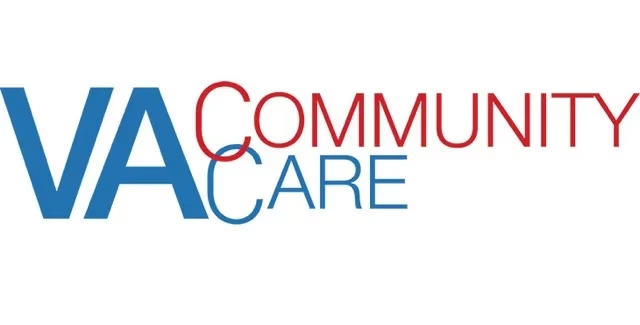Financing Home Care
Understanding how to pay for home care can be a burden, but Colorado CareAssist is here to help. We offer a complimentary review of your current coverage, whether Long Term Care insurance or Medicare, to ensure you receive the benefits you deserve. Whether it’s for assisted living or in-home care, we provide guidance every step of the way to make financing your loved one’s care straightforward and stress-free.

Long Term Care Insurance
What LTC Policies Cover
- Services including personal care (bathing, dressing, eating) in a variety of settings such as your home or an assisted living facility.
- The long-term care policy reimburses the policy holder or the home care agency a daily amount for services to assist them with activities of daily living.
- Some policies may have limits on how long or how much they will pay.

Veteran’s Benefits
Colorado CareAssist is a proud member of the VA’s Community Care Network.
We are experts at dealing with the VA to secure the benefits you and your family need.
Call us today and we can help answer questions: 303-757-1777

Wartime veterans and their surviving spouses may be entitled to a benefit called “Aid and Attendance.”
The Department of Veterans Affairs provides financial aid to help with the cost of long-term care for those who need help with activities of daily living such as bathing, eating, toileting, dressing, and transferring and who are in financial need. Applying for those benefits once you are in need of extra assistance will help to pay for the care. These are benefits earned and paid for by the sacrifice and service to our country.

u.s department of veterans affairs
Read more about Veterans Affairs- Surviving Spouses $1,149 a month
- Single Veteran $1,788 a month
- Married Veteran $2,120 a month
- Two Veterans, Married $2,837 a month



How to Apply
You may apply for Aid and Attendance or Housebound benefits by writing to the Pension Management Center (PMC) that serves your state. You may also visit your local regional benefit office to file your request. You can locate your local regional benefit office using the VA Facility Locator found on the above web-site.
The following is from the web-site:
“You should include copies of any evidence, preferably a report from an attending physician validating the need for Aid and Attendance or Housebound type care.
The report should be in sufficient detail to determine whether there is disease or injury producing physical or mental impairment, loss of coordination, or conditions affecting the ability to dress and undress, to feed oneself, to attend to sanitary needs, and to keep oneself ordinarily clean and presentable.
Whether the claim is for Aid and Attendance or Housebound, the report should indicate how well the applicant gets around, where the applicant goes, and what he or she is able to do during a typical day. In addition, it is necessary to determine whether the claimant is confined to the home or immediate premises.
Or better yet, call us and we will handle everything for you. We are here to help our heroes!
Worker’s Comp
Private Pay
Reverse Mortgage
A reverse mortgage is a special home equity loan that will allow you or your loved one to receive cash against the value of the home without selling it. This money can be used to pay for the increasing care needs. With a reverse mortgage, you can receive a lump-sum payment, a monthly payment, or a line of credit. You must be 62 or older to get the loan. Unlike a traditional mortgage, you don’t have to have proof of income or a credit history.
Annuity
Trust
Life Settlements
Viatical Settlements

Leigh
“Your organization was very helpful in finding care givers who seemed to be a good fit for our whole family.”

Christopher Richards
“Having Colorado CareAssist to help us with caregivers has been a Godsend. We would recommend Colorado CareAssist to anyone.”

Brenda Springer
“I liked the way they were concerned about their employees. I would recommend them to anyone looking for care.”

Brenda Springer
“The young lady they sent to care for me was exactly who I needed and she did a super job – even more than expected.”